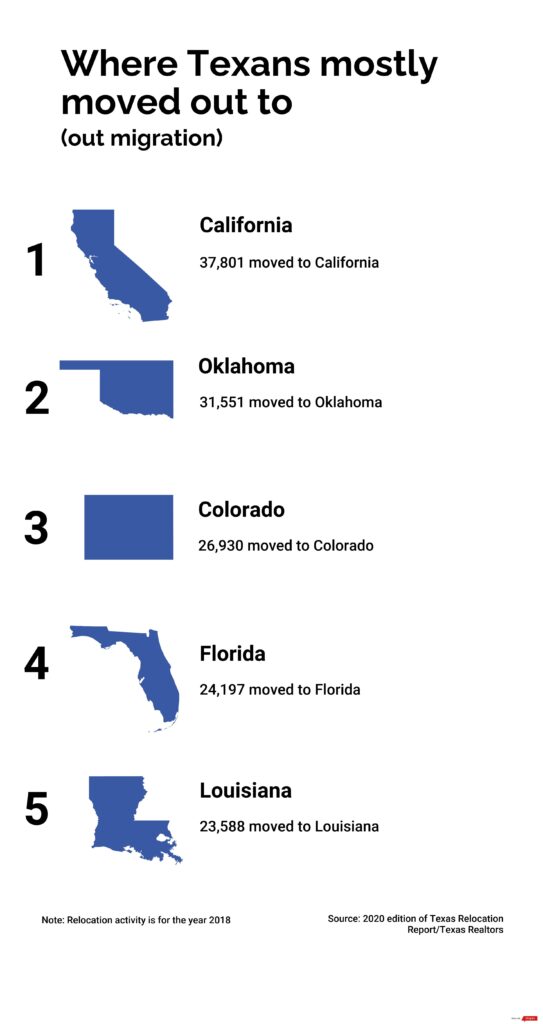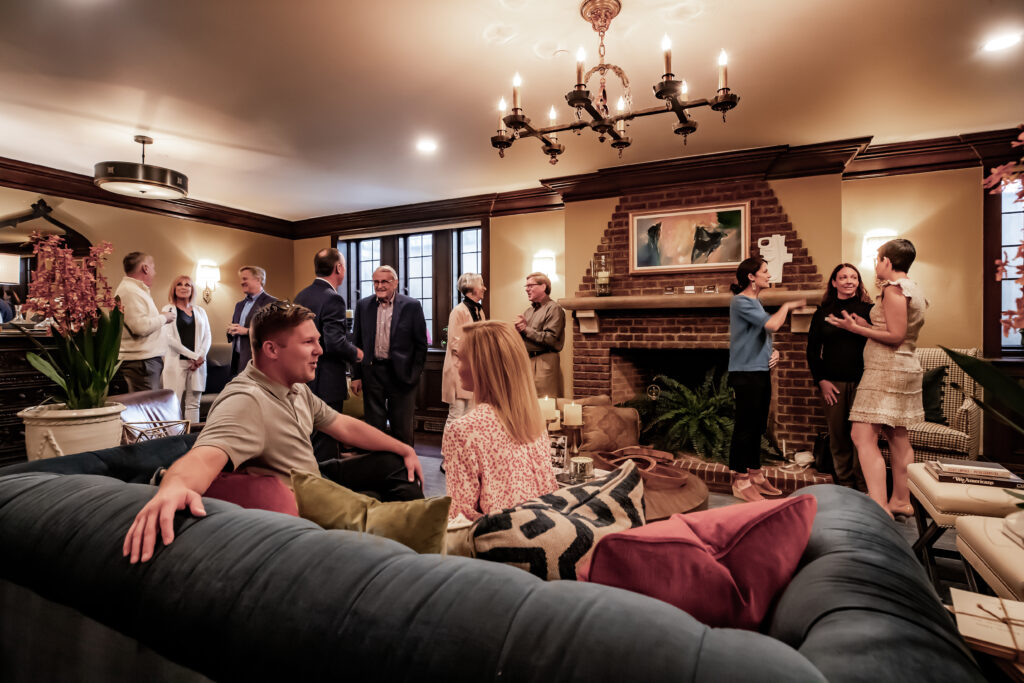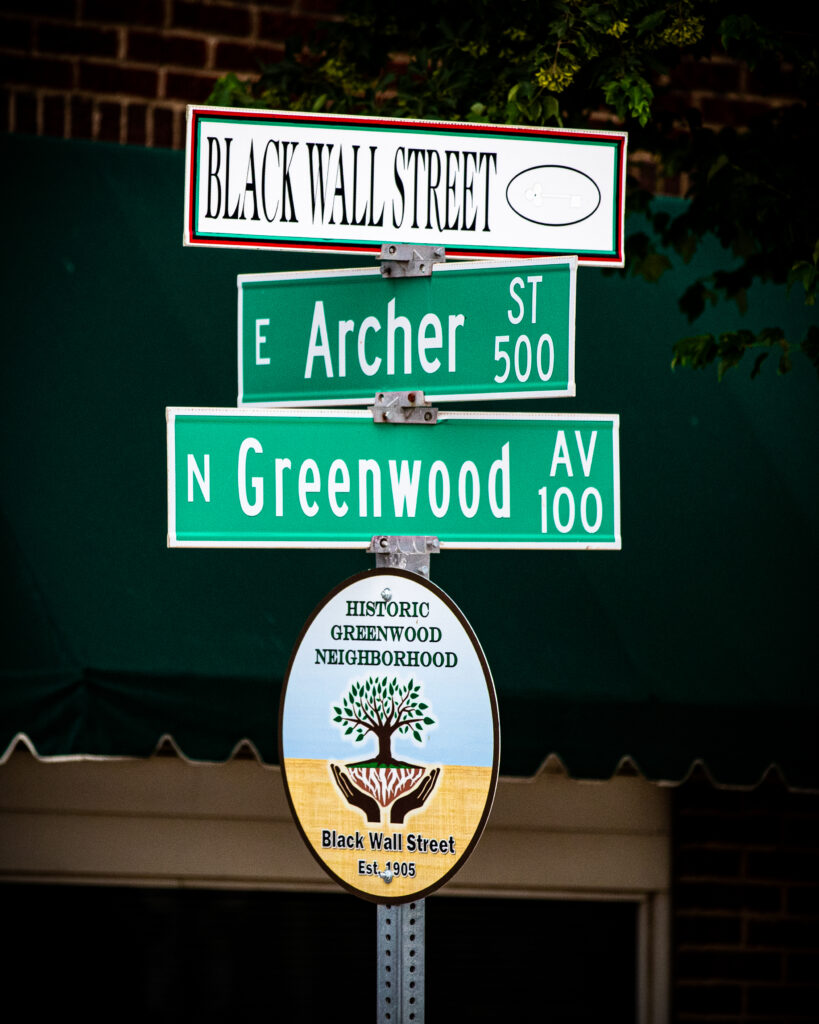It’s no secret Texas has a certain allure when it comes to corporate relocations. The Lone Star State’s business-friendly attitude and cost-effective nature drove a number of major companies to move their HQs to Texas even during a pandemic year – just to name a few: Hewlett Packard Enterprise, Oracle and 8VC, the Palantir co-founder Joe Lonsdale’s venture capital firm.
In North Texas, Charles Schwab officially completed its move to Westlake at the start of 2021. Other areas of the Dallas-Fort Worth metroplex are also looking forward to corporate relocations of their own this year.
As new and old businesses are trying to settle in the new year and flourish, workers in North Texas – working in virtual offices factored into reality by COVID-19 restrictions – are searching for living spaces that benefit them personally as well.

“There are changes [to] the way people work, especially in this new remote oriented economy,” said Thomas Sealock, a recent expat from North Texas. “And I think they have to think differently about incentives. As we’re all moving remotely, you now have to think about each individual, as that’s tax revenue for your city,”
“You now have to give the individual the same incentives you would give a corporation. Because corporations are no longer central; they’re decentralized. So now, instead of attracting all of Tesla, you’re going to have to attract, just members individually of those teams. You can work from anywhere in the world.”
While Texas may boast a positive net migration for several continuous years now, Texans in large numbers leave the state each year as well.
Out of the 10 counties with the largest outflow of people leaving Texas, four counties are in the Dallas-Fort Worth area, according to Texas Realtors’ Relocation Report 2020. More than 32,000 Tarrant County residents moved out of Texas in the course of a year. About 37,000 Dallas County residents did the same, according to the report.
Sealock, who works for a software development company, had lived in North Texas for all his life. After stumbling across online a one-of-its-kind program for remote workers this past summer, Sealock successfully relocated to a city he would have perhaps never imagined he’d one-day call home: Tulsa.
Tulsa Remote, a program offering professional advancement plus a sweet $10,000 grant, is hoping to draw many more remote workers out of the Dallas-Fort Worth metroplex and into America’s Heartland.
The deal is simple: remote workers who currently work outside of Oklahoma need to move and live in Tulsa for at least one year, and in exchange, Tulsa Remote will give out $10,000 in cash and free office desk space, among other amenities and perks.
About 300 people from across the U.S. moved to Tulsa through the program in 2020 alone. Since the pandemic started, applications to the Tulsa Remote have increased by almost 300%.
Tulsa Remote started in 2018. This year, the program expects to welcome its largest batch of remote workers ever. About 30,000 have already applied for the 2021 intake, according to Ben Stewart, Tulsa Remote’s executive director.
Many of the current transplants in Tulsa Remote are from the Dallas-Fort Worth metroplex, Stewart said. Hundreds of new applicant interests are coming from different parts of Texas, as well as California and New York.
“The reality is, we can provide a very high quality of life with many of the big city amenities, without the traffic, without the congestion without the headaches of a major city like Dallas and Fort Worth,” Stewart said.
U.S. Census Bureau estimates show Tulsa has a population of 401,190. Since 2010, the population of Tulsa increased by 2.3%, nowhere near compared to Fort Worth’s 22.1% increase during the same period.
Tulsa-based George Kaiser Family Foundation funds the program. Stewart said the resources are there to meet and invite as many capable remote workers as possible to live in Tulsa.
“Tulsa remote seeks to diversify talents, economy and political economy.,” Stewart said. “We’re bringing people with jobs into our market and expanding our labor force to really think about 21st-century jobs. We led them to this before COVID-19. It’s only accelerated the trends around work from anywhere.”
Coming to live in Tulsa can also mean a lower cost of living.
An average home in Tulsa costs 137,740, according to data from Zillow. Whereas a typical home in Fort Worth is valued at $222,820. In Dallas, the average home costs $237,200.
The cost difference was a welcome change to Sealock, who used to pay upwards of $2,200 a month for rent in Frisco.
Now, he pays about $1,750 in rent for a prime location in Tulsa downtown. On most days, Sealock can be found riding an electric scooter in the gridlines of downtown Tulsa, which has recently seen a boom in the local arts and culture scene and trendy restaurants and cafes popping out throughout.

“I never imagined I’d be able to live like this under $2,000 a month. It’s been really nice,” Sealock said. “The other thing that’s very different is the cost of day to day goods, like my grocery bill is lower, that’s more affordable. There’s just certain goods and services that are, generally, the cost is lower here.”
The selected Tulsa Remote members also have access to a growing startup community in Tulsa downtown, which Sealock said has been worth more than the money to him.
“It’s almost like being in an MBA program, or any other program where you’re bringing these really talented people together. It’s kind of like iron sharpens iron. We all help each other, we all grow together,” he said.
Among the various tech-related business projects he is involved in, Sealock also co-founded DesignXHumanity, a collaborative design platform that advocates for inclusion and equity for Black Americans and other underrepresented populations. Tulsa Remote acted as an incubator for the startup – whose co-founders include other Tulsa Remote members – when it was launched at the height of ongoing protests against police brutality last year.

DesignXHumanity recently partnered with United Nations in its UNITAR EducateAll initiative. The partnership is building 3d and virtual reality experiences for children to teach life skills and history.
Following the initial success, DesignXHumanity is on track to establish a physical headquarter in Tulsa’s Greenwood district, the site of “Black Wall Street” where the infamous Tulsa race massacre took place a century ago.
“I’m reincorporating my Texas business to an Oklahoma business and I’m in the process of doing that right now,” Sealock said. “The incentives were better.”
He continued: “Texas lost me. Obviously, I still will see the business there. But that income is going to be going back into the local economy a lot more here.”






